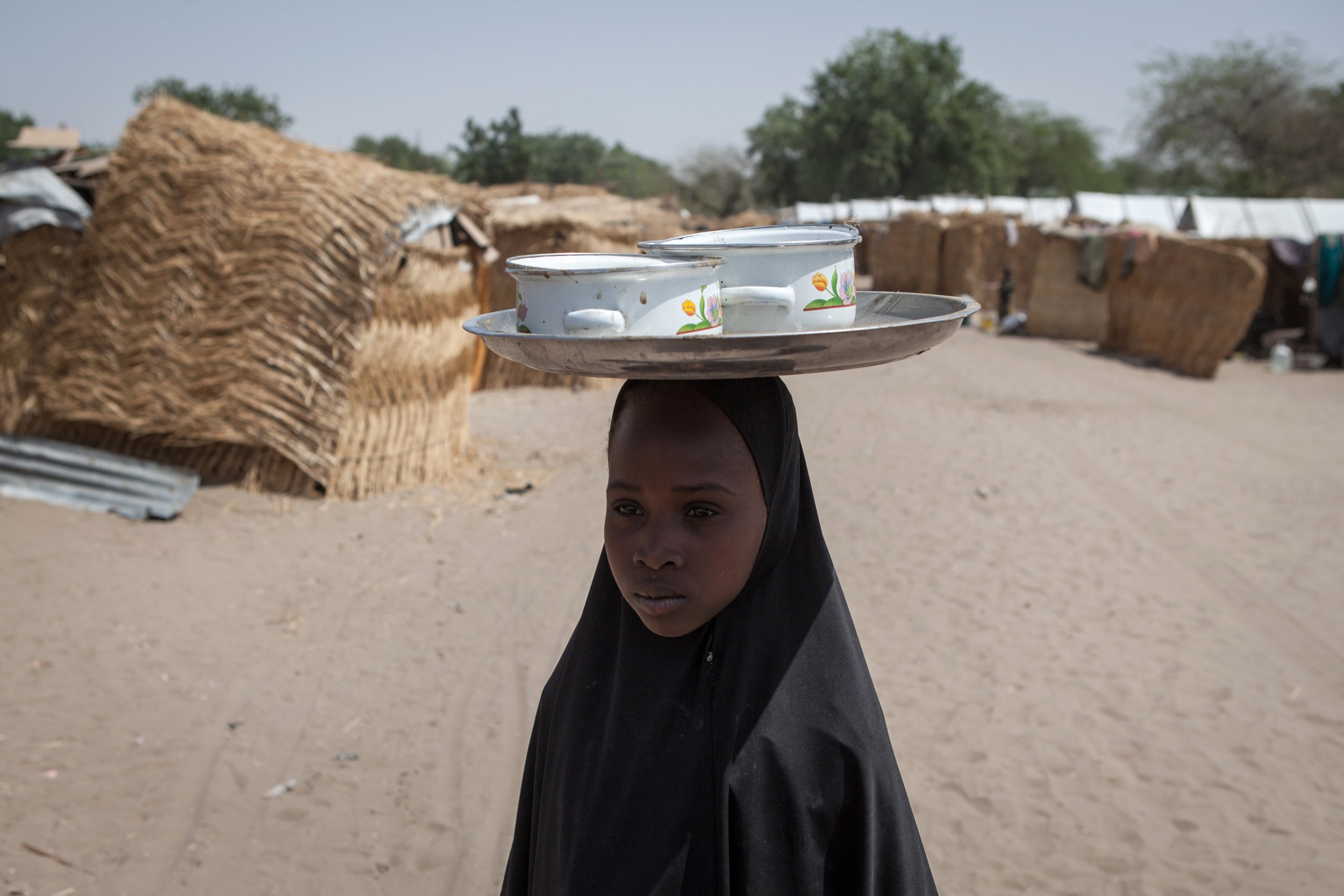
Nigerians displaced by militant group Boko Haram will not return home by the end of May as originally planned, according to the governor of the state hit hardest by the Islamist insurgency.
Recurrent attacks by the militants, who have ties to the Islamic State militant group (ISIS), and ongoing operations by the Nigerian military means that the Borno State government will miss its deadline for closing camps for all internally displaced people (IDP) in the state, according to Kashim Shettima, the state governor.
Read more: Why Nigeria's liberated Chibok girls face a long road to freedom
Boko Haram took up arms against the Nigerian government in 2009 and has killed thousands and displaced more than 2 million people across Nigeria, Niger, Chad and Cameroon. The group launched their insurgency in Maiduguri, the capital of Borno State, and Borno has been worst-affected by the violence.
"Our initial goal was for our people to return to their liberated communities before the next Ramadan fasting, which comes at the end of May," said Shettima on Tuesday in Bama, a town once held by Boko Haram, according to Nigeria's Premium Times. "But unfortunately this is no longer feasible because the military are still carrying out operations in some areas around Sambisa [Forest] as part of the mop-up exercise."
Borno hosts the most IDPs in Nigeria, with more than 1.4 million displaced people in the state, according to the International Organization for Migration (IOM). Aid groups remain unable to access some of the local government areas in Borno because of ongoing fighting, so the figure may actually be much higher. The majority of displaced people in Borno are living in host communities rather than official camps; there are 164 displacement sites in the state, including camps and buildings that have been occupied by IDPs.
Nigerian President Muhammadu Buhari has claimed on several occasions that the Boko Haram insurgency is effectively finished. Buhari claimed in December 2016 that the militant group no longer controlled a single local government area in the country and had been confined to the Sambisa Forest, a vast shrubland in Borno, and the fringes of Lake Chad.
The Nigerian government recently secured the release of 82 of the so-called Chibok girls, 276 of which were kidnapped from their school in April 2014. The abduction sparked worldwide attention and a global social media campaign, #BringBackOurGirls. But despite the release, 113 of the girls remain in captivity.
Boko Haram—which means "Western education is forbidden"—pledged allegiance to ISIS in 2015 under longtime leader Abubakar Shekau. But when a new leader of the group was announced in an ISIS publication in August 2016, Shekau rejected the appointment, and the group has since split into factions and suffered infighting.
Uncommon Knowledge
Newsweek is committed to challenging conventional wisdom and finding connections in the search for common ground.
Newsweek is committed to challenging conventional wisdom and finding connections in the search for common ground.
About the writer
Conor is a staff writer for Newsweek covering Africa, with a focus on Nigeria, security and conflict.
To read how Newsweek uses AI as a newsroom tool, Click here.








